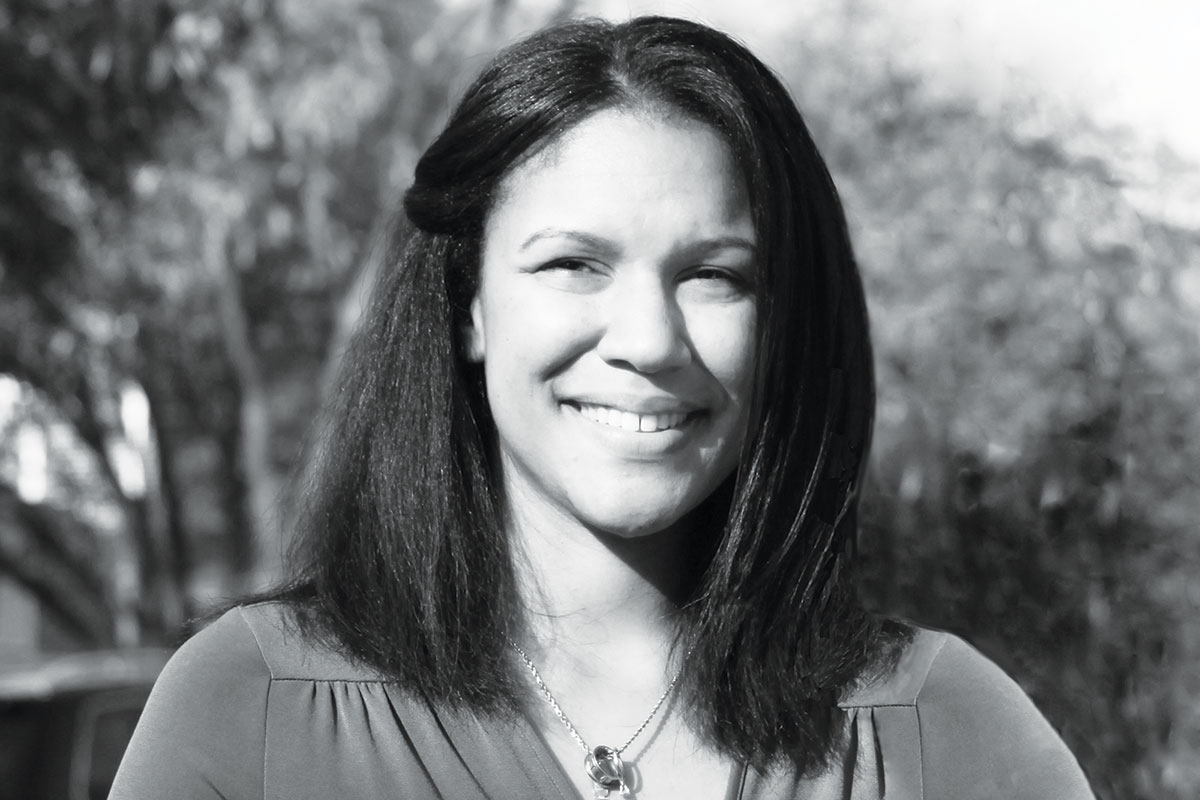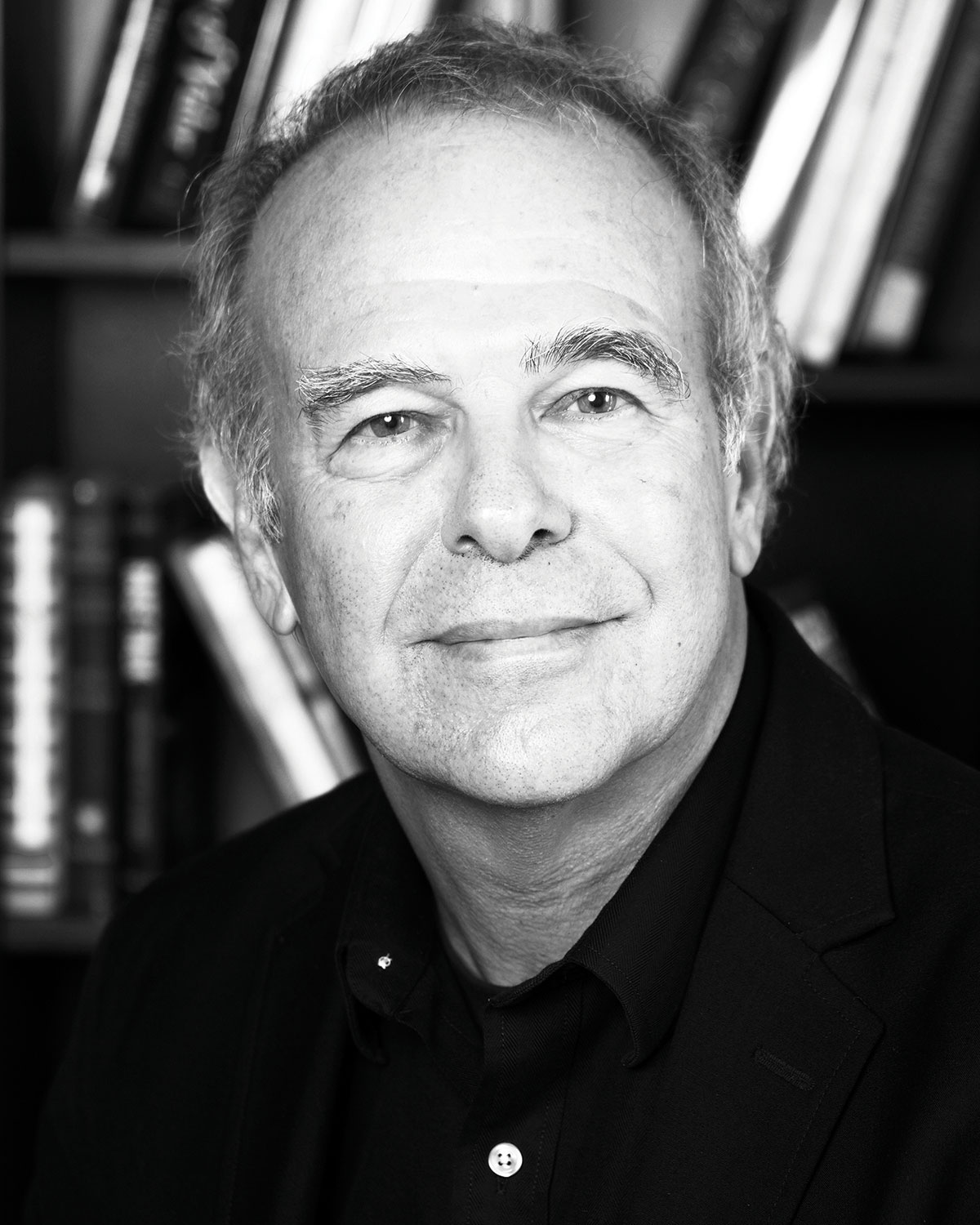Within Earshot
How listening amplifies meaning in African American literature
Discussing her book, Race Sounds: The Art of Listening in African American Literature (University of Iowa Press 2018), in February, Nicole Brittingham Furlonge showed two different artists performing the Beatles’ “Blackbird” — Paul McCartney and Bettye LaVette, a black singer who has won late-career fame.

Furlonge argues that black writing — Zora Neale Hurston, Sterling Brown, Ralph Ellison — is sonic. She proposes “ethical listening.” (Photograph: TC Archives)
In Race Sounds, Furlonge, Director of TC’s Klingenstein Center for Independent School Leadership, echoes theorist Robert Stepto that black writing is sonic, demanding the “communal relationship” of “preachers and congregtions.” Pondering Zora Neale Hurston, Sterling Brown and Ralph Ellison, she proposes “ethical listening.”
Her audience noted McCartney’s gentle “Blackbird,” a paean to America’s civil rights movement. Of LaVette, singing raw-voiced in the first person — “I have only waited for this moment to be free” — one black listener said: “My mother sang that to me, but I never knew it came from Paul. So when I heard Bettye — yes, this is what my mother was telling us.”
Furlonge nodded. “It’s about the context you bring as much as what you hear.”
Education’s New Ground Zero
Why big national donors are muscling in on school board elections
Why are Michael Bloomberg, Eli Broad, Alice Walton and Reid Hoffman backing local school board candidates? “National and local actors” are increasingly forming “alliances around competing visions of what schools should be,” report TC political scientist Jeffrey Henig and Michigan State University’s Rebecca Jacobsen (Ph.D. ’07) and Sarah Reckhow in Outside Money in School Board Elections: The Nationalization of Education Politics (Harvard Education Press 2019).

Henig and co-authors report that “national and local actors” are forming alliances around “competing visions” of education. (Photograph: Erick Raphael)
The wealthiest 0.01 percent of voters made 40 percent of all campaign contributions in 2012 (nearly triple their 1980s share). In education, they are targeting predominantly nonwhite, high-poverty districts, often championing school choice, test-based accountability and mayoral control. They don’t always win; teacher unions, too, have muscle and connection to local voters. But highly polarized, ideologically infused national debates may infiltrate local politics, obscuring other issues about, and reducing the room for, pragmatic problem-solving.